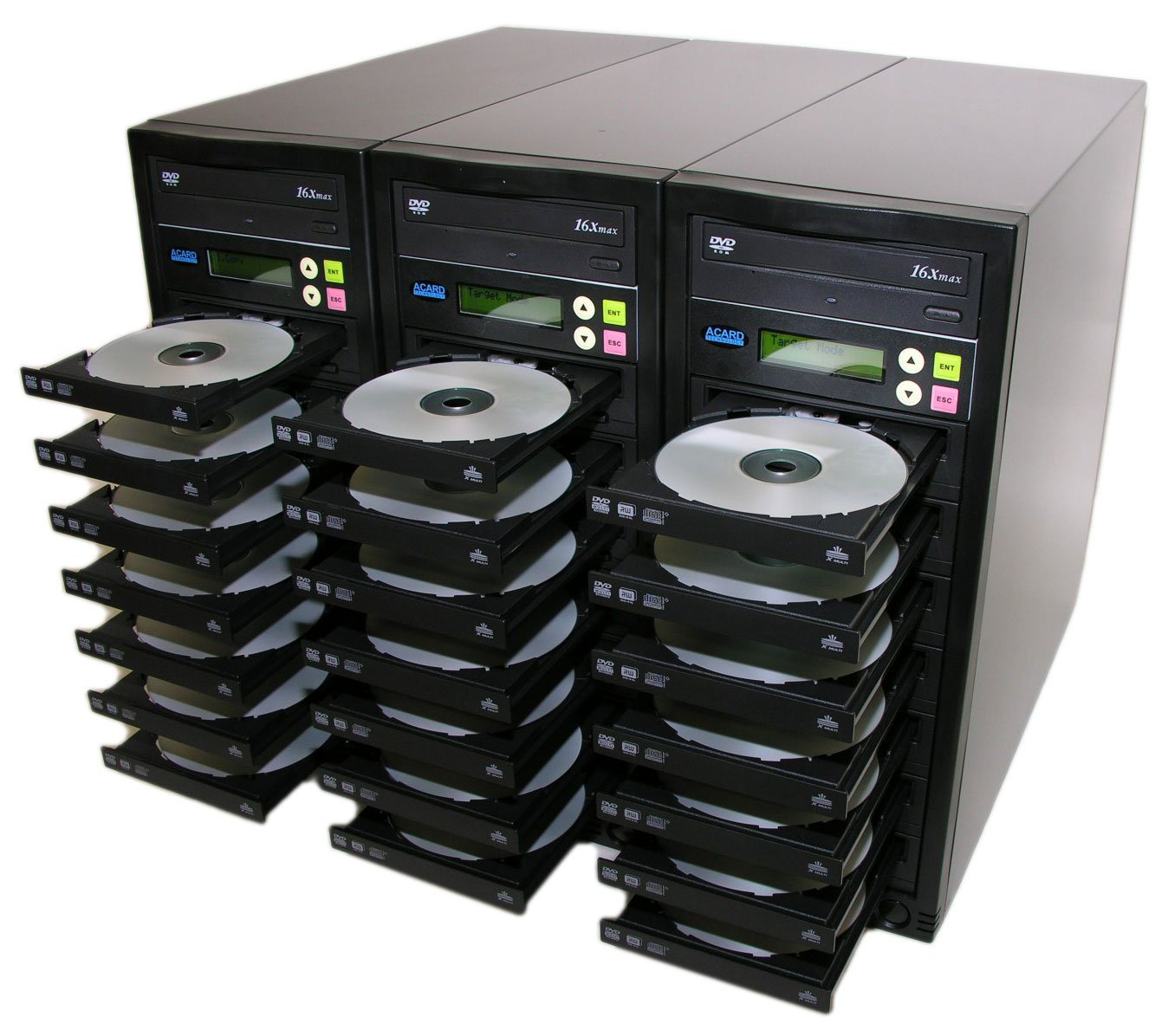What is the typical lifespan of DVD-R discs?
The lifespan of DVD-Rs (recordable DVDs) can vary depending on several factors, including the quality of the disc, storage conditions, and handling. In general, DVD-Rs are considered to have a shelf life of 5 to 10 years. However, this is an estimate, and some discs may last longer or degrade sooner.
Here are some factors that can affect the longevity of DVD-Rs:
Quality of the Disc: Higher-quality discs are often more durable and resistant to environmental factors.
Storage Conditions: DVDs should be stored in a cool, dark, and dry environment. Exposure to heat, humidity, and sunlight can accelerate the degradation of the disc.
Handling: Scratches, fingerprints, and other physical damage can affect the lifespan of a DVD. Proper handling and storage can help prevent these issues.
Manufacturing Process: The manufacturing process and the materials used can influence the longevity of the disc. Some brands may produce more durable DVDs than others.
Use Frequency: The more frequently a DVD is used, the faster it may degrade. DVDs that are rarely accessed and stored properly are likely to last longer.
It's important to note that the information provided here is a general guideline, and individual experiences may vary. Additionally, newer storage technologies, such as solid-state drives (SSDs) and cloud storage, are becoming more popular for data storage due to their reliability and longevity compared to optical media like DVDs. If you have critical data, consider backing it up on multiple types of media or using a combination of storage solutions for added redundancy.
Digital Roots Studio offers video and film transfer to digital for Alameda County, Marin County, SF County, Sonoma County, Contra Costa, Napa County, San Mateo County, Santa Clara County, Solano County -


